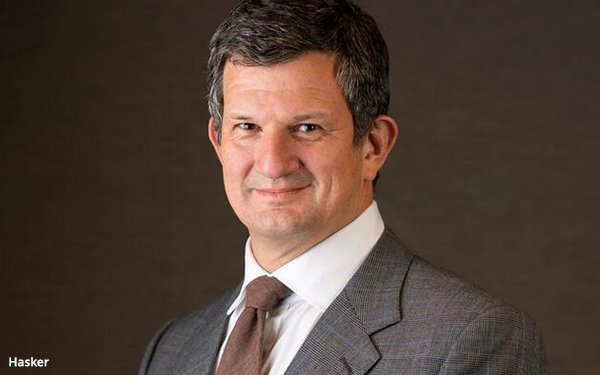
Publishers are worried about artificial
intelligence (AI) and the companies selling it.
But it could serve their interests, judging by remarks made last week by Steve Hasker, chief executive of Thomson Reuters.
Publishers have a reason to be wary: many have found that their content has been used — without permission — to train large language models, Hasker observed. But he added that licensing
deals “clear the air in terms of the legalities of that use,” according to a report by the UK’s Times.
Moreover, such
arrangements are ongoing, because “these models need to be constantly replenished and refreshed.”
As someone who scans the wires every day, I take
Reuters very seriously as a news source and Hasker’s opinion carries some weight.
advertisement
advertisement
Hasker made a similar case in an article in Fortune.
What does a publisher
like Reuters bring to licensing deals?
“Reuters has a historical news file as a reference data set for these models,” Hasker said. “Our news is free of bias. It
is independent. It’s fact based. It is triple checked and verified. We don’t offer opinions. We’re not leaning left or leaning right or spinning a narrative for the
entertainment of our listeners, viewers or readers. It really is the underlying facts associated with the news. So it’s a particularly powerful source for these models to be trained on or built
on.”
A good model for everyone to follow: AI or no AI.